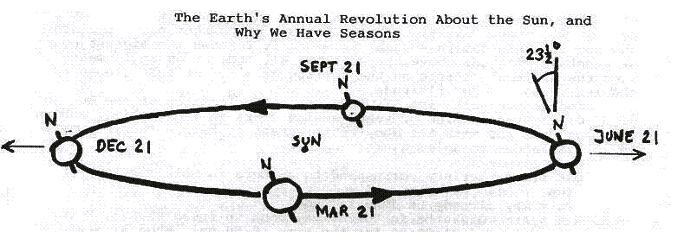|
from The Worldview Literacy Book copyright 2009 back to worldview theme #27 |
| Discussion
In his 1992 classic Ishmael, Daniel Quinn condenses three
million years of human history into two stories: an ancient, ongoing one
of people he calls "Leavers," and one that began ten thousand
or so years ago (with the birth of agriculture)—an account of
the "Takers." This
story—which metaphorically be-gins with humans eating the forbidden
fruit from the Tree of Knowledge in the Garden of Eden, and deciding
they too can have the power of the gods—is one of conquest, rule, and
subjugation of nature. It may yet end in complete destruction! There is hope: that
Takers learn something important from the few remaining Leavers.
As Quinn puts it, "The premise of the Taker story is the
world belongs to man...[that] of the Leaver story is that man belongs to
the world."
Those who feel they belong to nature will identify "Anthropocentrism"
(theme #25) with the Taker mentality and typically turn a cold shoulder
to it. They will warm some
to shallow ecology, and even more to deep ecology. (Recall Discussion,
theme #25.) Having
previously placed deep ecology in relation to anthropocentrism, we now
give it our full attention. Deep
ecologists urge people to take an
ecocentric not anthropocentric perspective, value all living things more equally, and respect the
integrity of ecosystems and natural processes. The problem with such urgings isn't with people's ability
to formulate theoretical principles (such as "all living things
have the same right to live")—it's with their recognizing
adherence to those principles in their behavior.
As Wendell Berry puts it "Ecological egalitarianism or even
biospheric egalitarianism—these terms are distressing because they are
fanciful, false alike to nature and humanity. No such principle exists in nature...it either proposes
suicide by starvation or it must be routinely and frequently broken.
It does not tell us how to act."
Before discussing the behavior behind "belonging to
nature," consider how it makes one feel.
While we can use Figure #27b to explain the Earth's orbital
behavior that brings spring, it is something else to live so attuned to
nature that you feel the Sun rising higher in the sky each day and the
days getting longer! Note poet Robinson Jeffers' belonging to nature
feelings (see Figure #27a). Generally
these come in two extreme varieties:
1) ecological groundedness: feeling intimately, confidently, enjoyably—sometimes even joyously—connected to the wild, natural community where one lives, or 2) nomadic hunter-gatherer: |
Discussion—continued
unsettled, always needing to be
moving to find food, fearful of "tooth and claw ethics,"
unable to control nature, often feeling uncomfortably at its
mercy—sometimes terrified!
That first feeling—where it exists in affluent countries—we
suspect is artificially produced and ultimately dependent
for life support on modern technology with its hidden environmental
impacts. The second may be
too grim. We suspect
appropriate technology exists to mitigate this lifestyle's drawbacks
with no serious environmental impacts.
We don't need to guess whether or not it's too grim. For answers we can examine human experience—including
that of indigenous people = Leavers.
We can similarly look there for clues as to how those who belong to
nature should behave. Like Quinn, we recognize that a return to
hunter-gathering isn't required: human agriculture can coexist with
nature. Most fundamentally,
Quinn feels "The creatures who act as though they belong to the world
follow the peace-keeping law...they give other creatures a chance to grow
toward whatever it's possible for them to become."
Elsewhere he makes it clear that, in the long-term, those who
belong to nature evolve through natural selection.
Next, consider Aldo Leopold's land ethic: "A thing is right
when it tends to preserve the integrity, stability, and beauty of the
biotic community. It is wrong
when it tends otherwise." Later
deep ecologists (including Næss) have worried about the political
implications of subordinating human well-being to the good of "the
biotic community." Equating
this with the bio-sphere, the approach known as ecosharing
provides an environ-mental ethic for people to live by: that their own
impact on the biosphere be limited to no more than their own fair ecoshare.
The proposed ecoshares would be determined by assessment of the
human impact on the biosphere, computer models projecting its future
condition, and needed limits imposed by sustain-ability criteria.
While arguably providing measurable human behavioral
accountability, some find this approach too arrogant, too assuming of
nearly unlimited human knowledge. They
long for humans who behave with humility: "limiting oneself to an
appropriate amount of space while leaving room for others." |
|
Figure #27a
|
|||
|
Figure #27b
|
